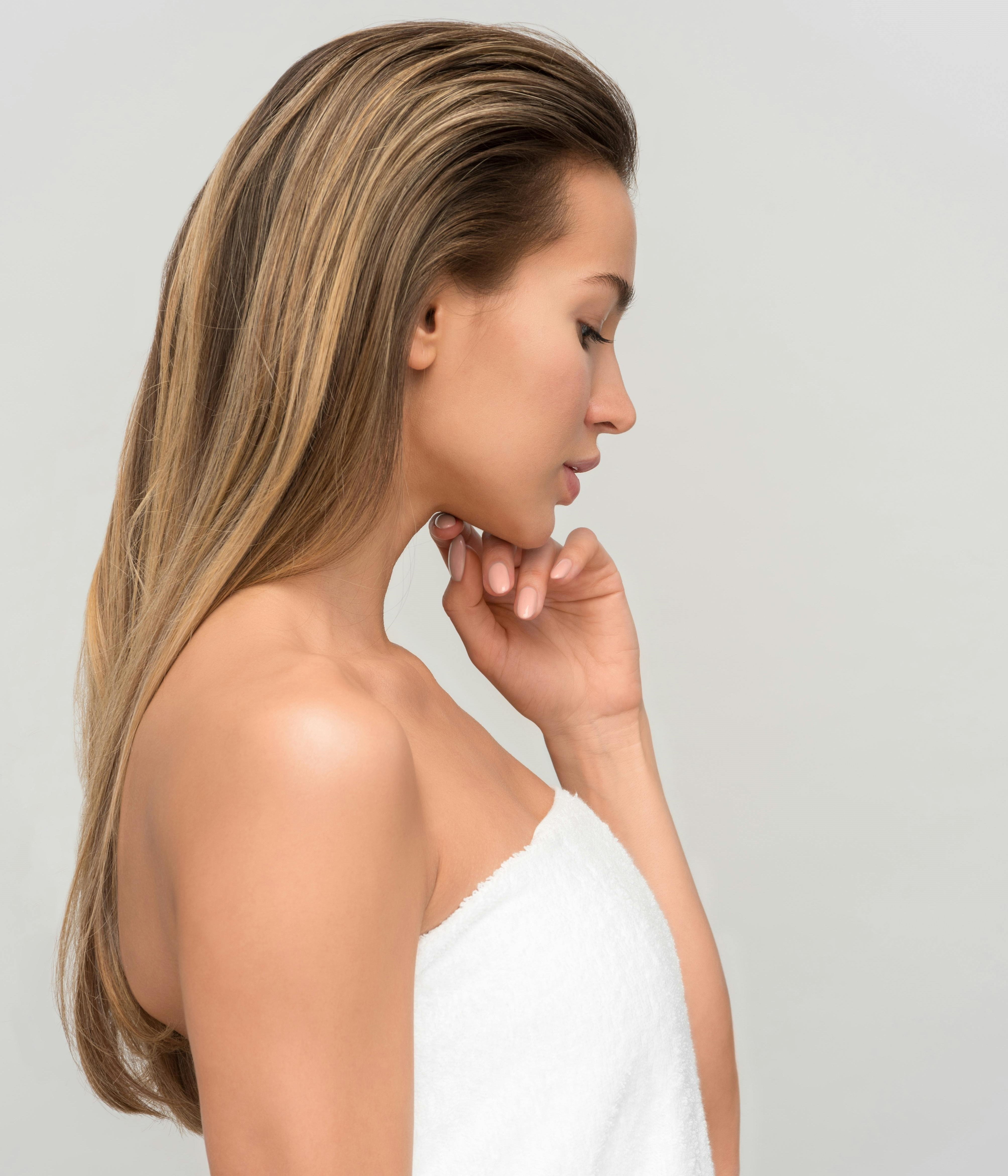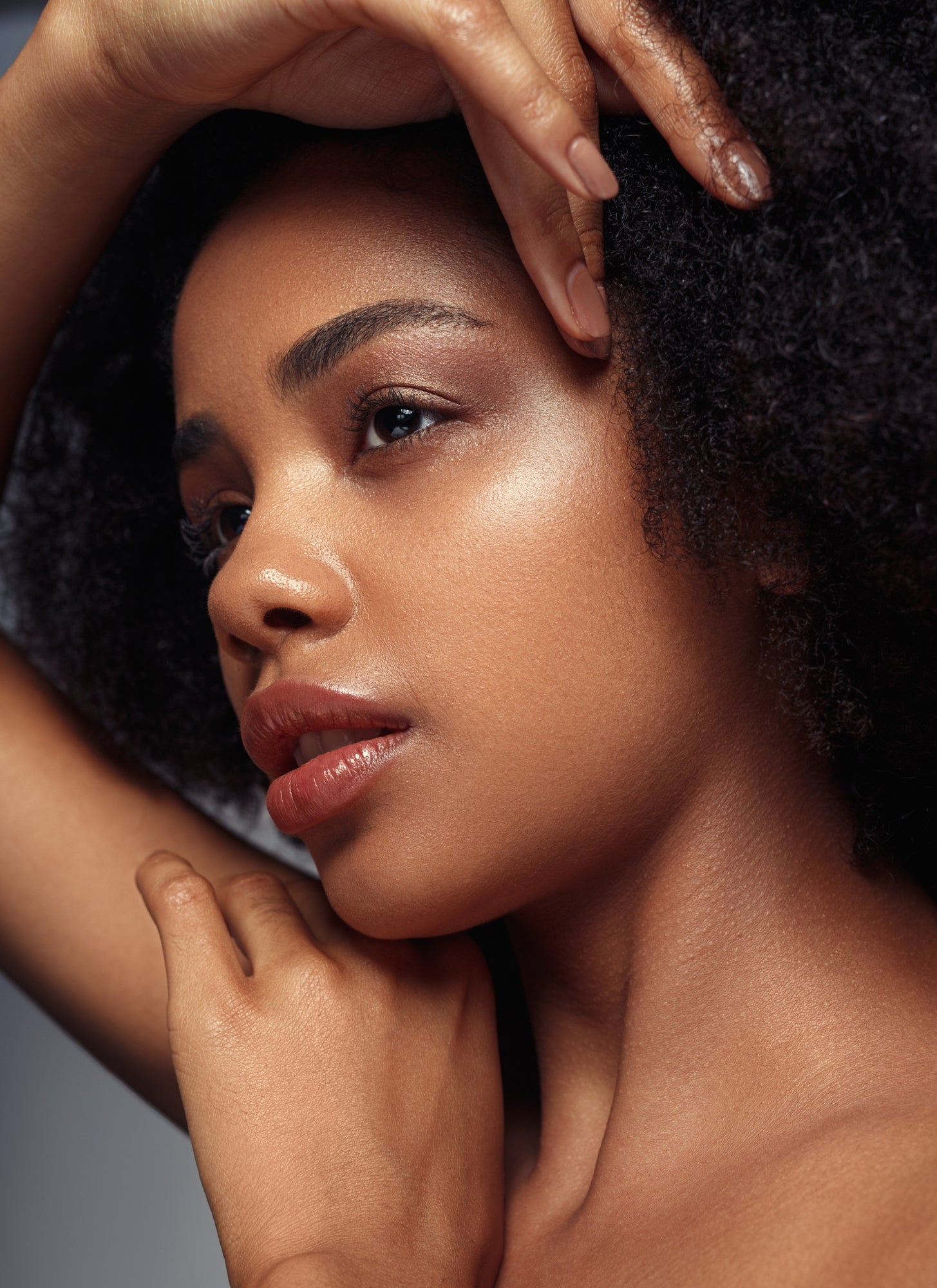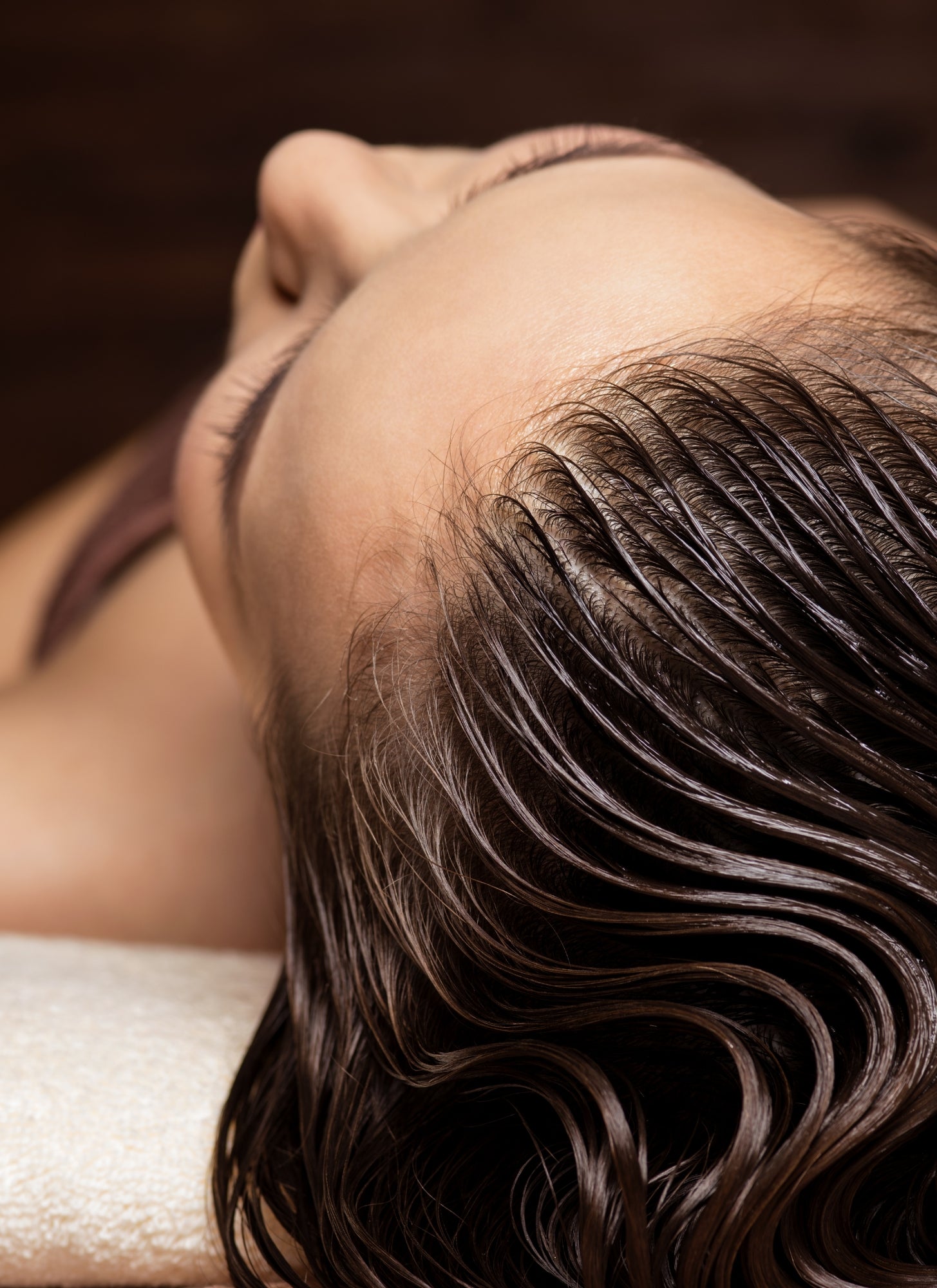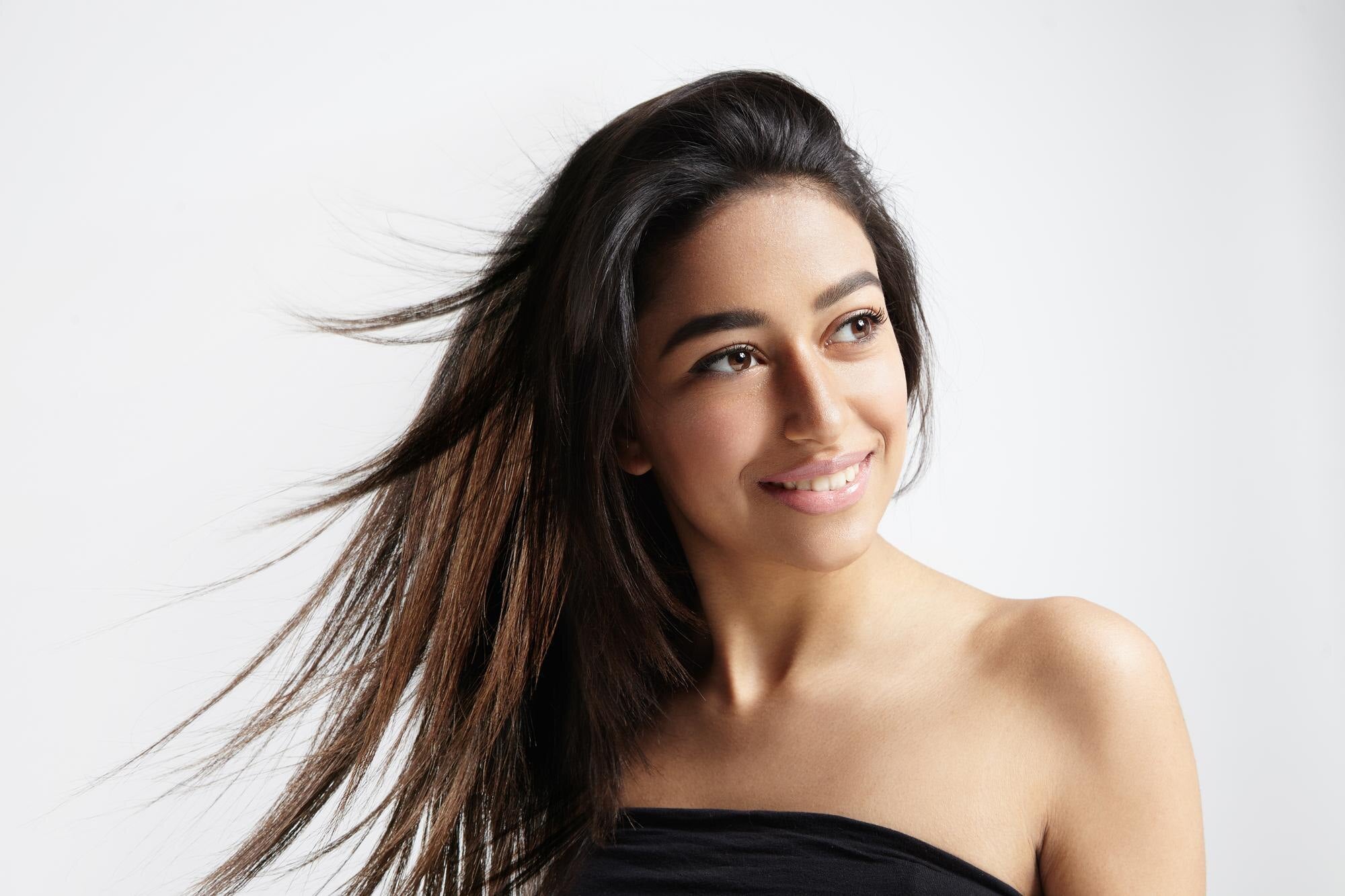Aging is a journey, and so is the story of your hair.
You might have noticed your once voluminous locks thinning out or your strands becoming duller over time. This is not just a coincidence—it’s your hormones talking! Let’s dive into how age and hormones affect your hair and what you can do about it.
1. The Role of Hormones in Hair Growth
Hormones, particularly androgens (like testosterone) and estrogens, are the master controllers of hair growth. They influence the growth cycle of your hair, determining how long your hair grows, when it sheds, and how thick it appears. Over time, as hormone levels fluctuate, these changes start to reflect in your hair.
- During Youth: Estrogen levels are high, promoting thick, lustrous hair. The growth phase (anagen) is longer, so your hair feels fuller.
- With Age: Hormonal imbalances like decreased estrogen and increased androgen sensitivity lead to shorter growth cycles and finer hair strands.
2. Thinning Hair and Hormonal Shifts
One of the most noticeable effects of aging on hair is thinning. For women, this often coincides with menopause when estrogen levels drop significantly. For men, it’s male-pattern baldness driven by dihydrotestosterone (DHT), a derivative of testosterone.
Hormonal changes can cause:
- Reduced hair density.
- Hair follicles shrinking, producing thinner strands.
- Longer resting phases (telogen) before hair regrows.
3. Changes in Texture
Hormonal fluctuations can also impact the texture of your hair. Many people notice their hair becoming:
- Drier or Brittle: Lower oil production on the scalp leads to dryness.
- Frizzier: Reduced natural moisture can make hair more prone to frizz.
- Curly to Straight (or Vice Versa): The shape of your hair follicle can change with hormone shifts, altering your natural texture.
4. Graying Hair: The Melanin Decline
Ah, the silver streaks! Graying is another sign of aging, caused by the decline of melanin production in hair follicles. Hormones don’t directly cause gray hair, but stress hormones may accelerate the process.
5. Scalp Changes
With age, your scalp also changes. A reduction in sebum production (natural oils) leads to a dry scalp, which can exacerbate hair issues like breakage or dandruff.
How to Manage Aging Hair
Don’t worry—aging hair doesn’t mean giving up on beautiful locks! Here are some tips to keep your hair looking its best:
-
Boost Your Nutrition:
Load up on hair-friendly nutrients like biotin, vitamin D, and omega-3 fatty acids. These help maintain hair strength and growth. -
Gentle Hair Care:
Use sulfate-free shampoos and nourishing conditioners. Products with keratin, hyaluronic acid, and castor oil can rejuvenate your hair. -
Hydrate and Oil:
Regular oiling and deep conditioning help combat dryness and brittleness. Look for products enriched with natural oils like jojoba or argan. -
Scalp Care is Key:
Exfoliate your scalp gently and ensure it stays hydrated to promote healthy hair follicles. -
Hormone Balance:
If you’re experiencing severe hair loss, consult a doctor to explore hormonal therapy or treatments that block DHT. -
Trim Regularly:
Get rid of split ends and maintain the overall health of your hair by trimming it every 6–8 weeks.
Embrace Your Hair Journey
Your hair is a reflection of your life—a story of growth, change, and evolution. While aging and hormonal shifts may alter the way your hair looks, it’s all part of the natural cycle. With proper care and the right products, you can keep your hair healthy, vibrant, and uniquely you at any age.





Share:
Glow On! Simple Tips for Healthy, Radiant Skin
The Skin and Hormones: A Delicate Dance